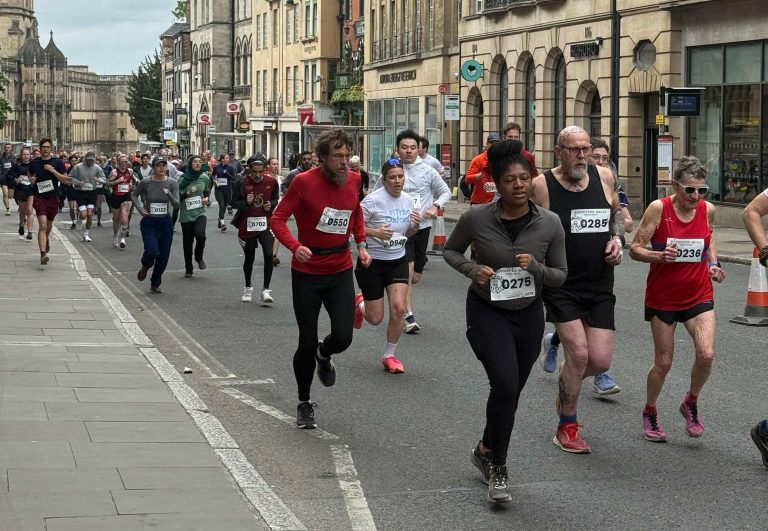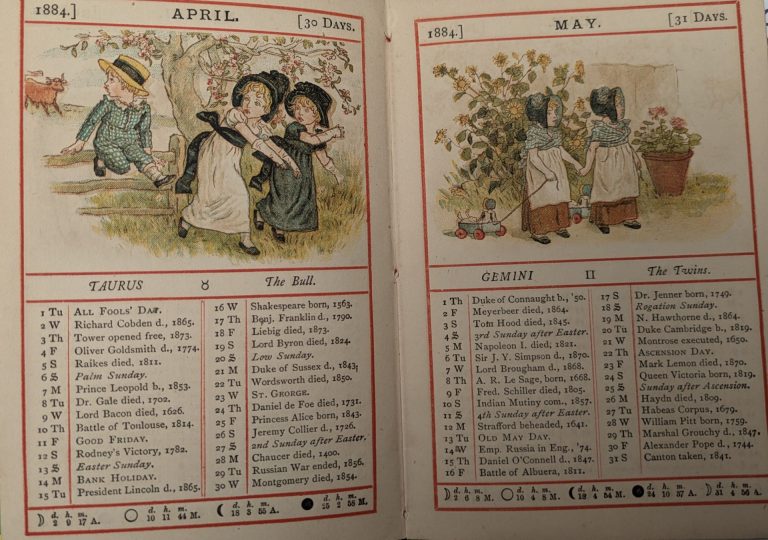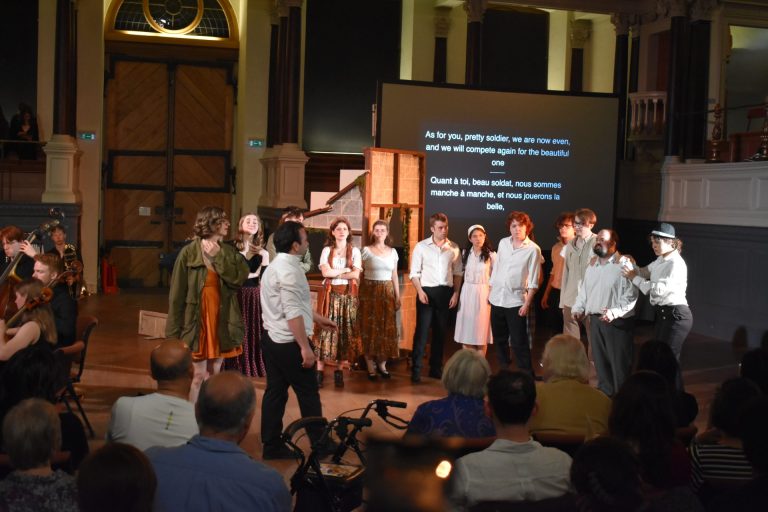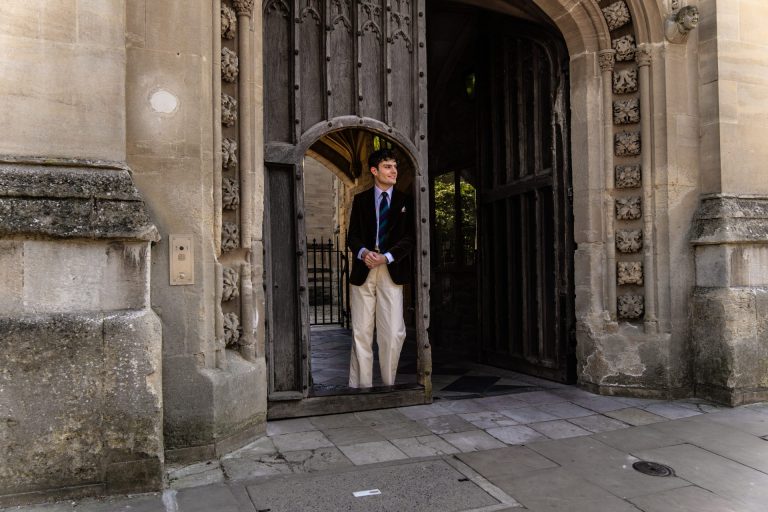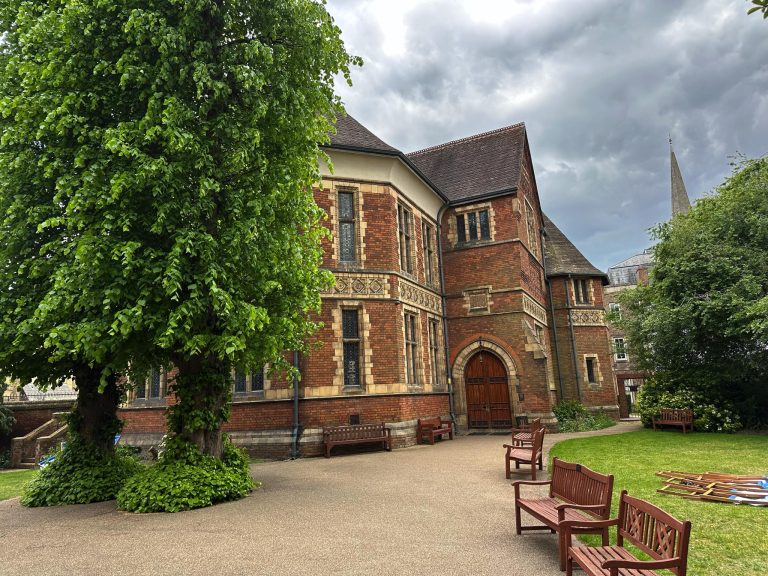Meet the Oxford Kermit – Healthcare policy researcher by day, trenchcoat frog by night.
You must be living under a lily pad if you have not heard of – or seen on your Instagram feed – the infamous Oxford Kermit. Having amassed close to 10,000 followers in less than six months, the Kermit has conquered the hearts and minds of Oxford students and tourists alike. Known for his whimsical collaboration with colleges and departments of the University, one such post of the Kermit in iconic locations around Oxford generated over 40,000 likes and 200 comments.
Cherwell sits down with the creator behind the internet phenomenon – Josh Nguyen – for a chat over drinks at the Handlebar Café on St Michael’s Street. Frequented by hacks and Brasenose second years alike, the coffee shop was busy on a warm and sunny Monday morning. Striding in his iconic trench coat, the amphibian orders a Good Morning Smoothie – “this is probably the best smoothie I’ve ever had” – and I ask for an oat latte before we get chatting. These are edited excerpts from our conversation.
Cherwell: To get us started, why don’t you tell us a little bit about your background?
Nguyen: Sure. My name is Josh Nguyen, I am currently pursuing a MSc in Applied Digital Health at Wolfson College. I’m from Iowa originally, and I studied biology at Yale for undergrad. After that, I moved to New York for a bit and worked in consulting in the healthcare industry. As soon as I started there, I was like, let me go back to school, and then came here. I don’t think consulting was for me.
Cherwell: What interests you about healthcare?
Nguyen: I think I’ve always been interested in medicine, I suppose, and helping people in that sort of manner. I grew up not really, I guess, having access to health care. I grew up in a low-income family, so we didn’t have health insurance. I think having that sort of lack is what got me interested in the first place. So, you know, when I went to college, I thought I wanted to pursue medicine. Still, I’m thinking about it, but kind of more on the edge about it. But I think patient care is so important.
Cherwell: Why are you interested now in exploring health policy rather than immediately going to medical school?
Nguyen: I think throughout college, I got really interested in LGBTQ+ health and realised how critical understanding politics is for providing greater health outcomes for them. It was something that I never really got to examine in my classes. So I started doing internships— for example I got to work under a senator, and got to see how legislation has a role to play in healthcare. That’s what got me interested.
Also coming here – in my digital health class, I got to learn a lot about how policies can impact digital health and innovation, how we can reach people, and that got me interested. So it’s something that I definitely want to explore more of before maybe going to medical school or maybe pursuing something else.
Cherwell: You said you are from Des Moines, Iowa. What was that like growing up there? I imagine there weren’t that many Asians there.
Nguyen: No. There were hardly any Asian people. I think in my class there were a total of three out of a hundred. It was definitely difficult. I’m Korean and Vietnamese, so the nearest Korean town or Vietnamese town was in Chicago. It was a seven hour drive and we would make an annual trip there. I would just be so excited. It was definitely difficult, feeling a bit more isolated because of my racial identity.
But getting to move to Yale afterwards was so eye opening because it was the first time in my life where I was suddenly surrounded by more Asian people and all this diversity. And then especially New York afterwards, it was just so amazing. I remember when I first got to Yale, I was crying so much. Everything was so overwhelming and so different from Iowa. Now I’m more acclimated. And I love Iowa. The people are so kind. There’s that phrase, Midwest nice. It’s something I carry with me. I hope people think that I’m Midwest nice. They’re so friendly, so amazing.
Cherwell: Let’s talk about the Kermit. Did you bring him today?
Nguyen: I did! I always carry him around with me just in case, and I put him in this black bag.
Cherwell: He’s bigger than I thought!
Nguyen: He’s bigger? Most people say he’s smaller than they imagined.
Cherwell: So how did you come up with the idea of like the Oxford Kermit?
Nguyen: I think prior to coming to Oxford, I just knew I wanted some fun way to document my year here. I thought “what’s a fun, interesting, cute way to do this”? I thought it’d be fun to take pictures of some sort of doll or something like that, so let me go on Etsy and see what’s out there.
I saw this Kermit dressed in a trench coat, and I was like, this is so Oxford. That’s exactly what I had in mind in terms of the image of an Oxford person. And then when I got the doll, I was like, wow, he’s so cute.
Then when I came to Oxford, I immediately started documenting my time here. I think deep down I knew that I wanted it to not really be a personal thing. I wanted to share it with people, and I did want to go out there and have people see it.
Cherwell: What has the response been like?
Nguyen: It’s been crazy. So much bigger than I anticipated. In my head I thought Oxford was going to be a more serious place, and I didn’t know if people were going to really receive it that well. But immediately as I started, it kind of just grew exponentially right away.
And as I kept doing it, it just blew up more and more. I got collabs with Oxford University and all of a sudden, I got thousands of followers and I was like, dang! This is amazing. That catalysed all the collaborations afterwards. The first college collab I did was with St. Catz, and then I just went on and on afterwards. And then now there’s departments, and student clubs.
Cherwell: Do you ever get any hate?
Nguyen: I think I recently saw on Oxfess that “I wanna drag Kermit to the Ninth Circle of Hell.” And I’m like, what the? Like, honestly, that made me laugh because I’m just like, how can you have hatred towards a doll? It’s kind of funny, honestly. Overwhelmingly, the comments and what people say to me are just so positive.
Cherwell: Why do you think it resonated so much with all students?
Nguyen: I actually get this question quite a lot. I think for the deeper, more human content that’s on there. I think people resonate with that because it takes more complex feelings and expresses them through something familiar and cute. It makes it more digestible in that way. I think for the funny, more light-hearted content, people like it because it gives them a refreshing break from their studies, from the intensity of [university].
I think it also just reminds people of how beautiful Oxford is and what else is out there, minus all the stress. Oxford has so much to explore, and I think it reminds them of that. I think it’s a nice way to escape.
Cherwell: You’re finishing your course soon, so what’s next for you and what’s next for the Kermit?
Nguyen: That’s something I’ve been thinking about a lot. For me, personally, it’s still kind of up in the air. I really have learned to love the UK as I’ve stayed here more and I do think that I wanna stay here longer. So I’m gonna try for that. My original plan was just to go back to the US, either New York or DC, but I don’t know. I think with this whole Kermit thing, I’ve realized how much I like social media, and that’s something I wanna pursue, and I’d love to pursue that in London.
As for what’s gonna be next for Kermit, that’s also something I’ve been thinking about a lot. I don’t know, is my answer. I think I would like it to keep going but I’m not sure exactly how that would work. Maybe I can hand it over to someone, but I’m open to ideas.
Cherwell: I’m now going to ask you some controversial Oxford questions, and we can get the Kermit’s take on them?
Nguyen: Alright, okay.
Cherwell: First question, gown or no gown at formal?
Kermit: No gowns. Just trench coat.
Cherwell: Sub fusc for exams?
Kermit: Absolutely not. To be honest, I’m gonna show up in my sweatpants or something that I’m comfy in. I already studied so hard, why are you asking me to put on an entire sub fusc? This is gonna stress me out even more. So absolutely not.
Cherwell: Favourite nightclub?
Kermit: Oh, I’ll have to say Plush. They’re really nice. I mean I obviously don’t really like any of them but Plush is the best in my opinion.
Cherwell: Rowers. Yay or nay? Would you date a rower?
Kermit: Yay. Yes.
Cherwell: What are your thoughts on trashing?
Kermit: I think there’s a better way to go about it. Let’s make it more environmentally friendly and still do that tradition. Maybe not confetti but something else. Like flower petals maybe.
Cherwell: The Oxford Union?
Kermit: I think sometimes they serve and sometimes they don’t. I think sometimes they have iconic people like Julia Fox. But I think the membership fee is too high. Let’s discount that and it’s a yay from me.
Cherwell: Do you think we should remove the Cecil Rhodes statue?
Kermit: Let’s remove it and replace it with a statue of Kermit.


